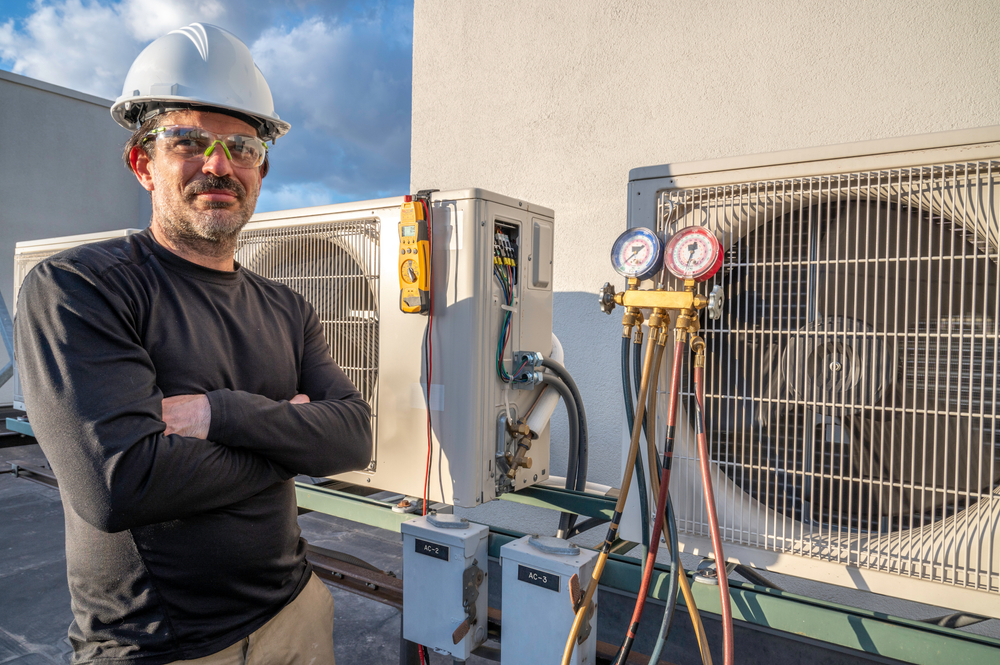
The Heating, Ventilation, and Air Conditioning (HVAC) industry plays a central role in ensuring comfort, health, and safety in homes and commercial spaces worldwide. As the demand for quality HVAC services continues to grow, driven by technological advancements and changing consumer needs, businesses operating within this space find themselves in a dynamic and competitive market.
Evaluating the worth of an HVAC business, therefore, is not just about determining its current financial value but understanding its position in a rapidly changing industry. This article explores how to gauge your HVAC business’s true worth, highlighting the myriad factors that influence its value and providing guidance on the most effective valuation techniques. Whether you’re considering selling, seeking investments, or simply looking to understand your business’s standing better, a thorough valuation can offer clarity and direction for future growth and strategy.
Why Evaluate Your HVAC Business Worth?
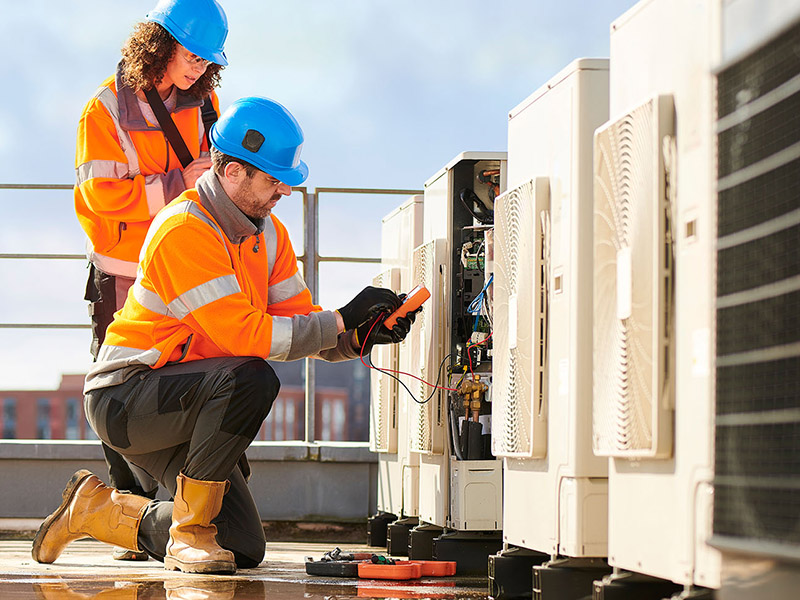
Understanding the worth of your HVAC business is paramount for a multitude of reasons. First and foremost, a comprehensive business valuation provides a clear picture of the financial health and stability of your enterprise. This insight is invaluable when considering strategic decisions such as expansion, diversification, or investments in new technology. Knowing your business’s value equips you with a more informed perspective, enabling you to make decisions that align with both current market conditions and future industry trends.
Should the opportunity or need arise to sell or merge your HVAC business, a precise evaluation is vital. Potential buyers or investors will invariably seek a robust valuation as a starting point for negotiations. Likewise, if you’re looking to secure loans or attract investors, a well-documented assessment of your business’s worth can bolster credibility and confidence in your enterprise. Evaluating your business’s worth can also serve as a benchmarking tool, allowing you to gauge your position relative to competitors and identify areas for improvement or growth.
Preparing for a Successful Valuation Process
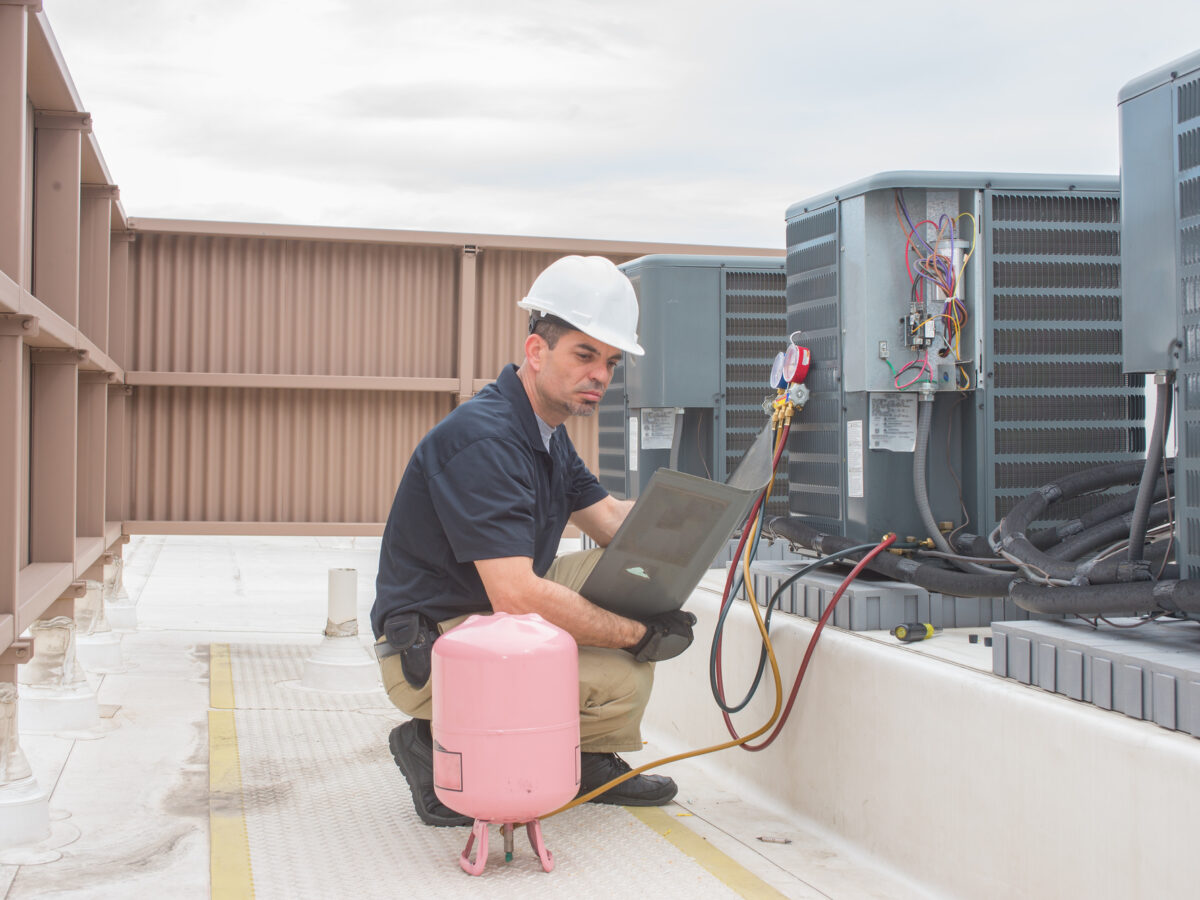
Embarking on a business valuation requires meticulous preparation to ensure the process unfolds seamlessly and yields accurate results. Central to this preparation is assembling a team of experts, particularly if you’re unfamiliar with the process of business valuation. Incorporating the expertise of accountants, appraisers, and an HVAC business consultant can provide invaluable insights, ensuring that industry-specific nuances are considered. An HVAC business consultant, with their specialized knowledge of market trends, operational challenges, and growth opportunities, can offer tailored advice to spotlight areas that may influence the business’s value, both positively and negatively.
It’s essential to gather and organize all relevant documents and financial statements that provide a transparent view of your business’s operations and financial health. Comprehensive documentation not only expedites the valuation process but also enhances its credibility. Conducting a SWOT analysis (Strengths, Weaknesses, Opportunities, Threats) can offer a structured framework for understanding the internal and external factors that may impact the business’s worth. Being transparent, thorough, and proactive in these preparatory steps lays the foundation for a successful and insightful valuation.
Factors Influencing the Value of an HVAC Business
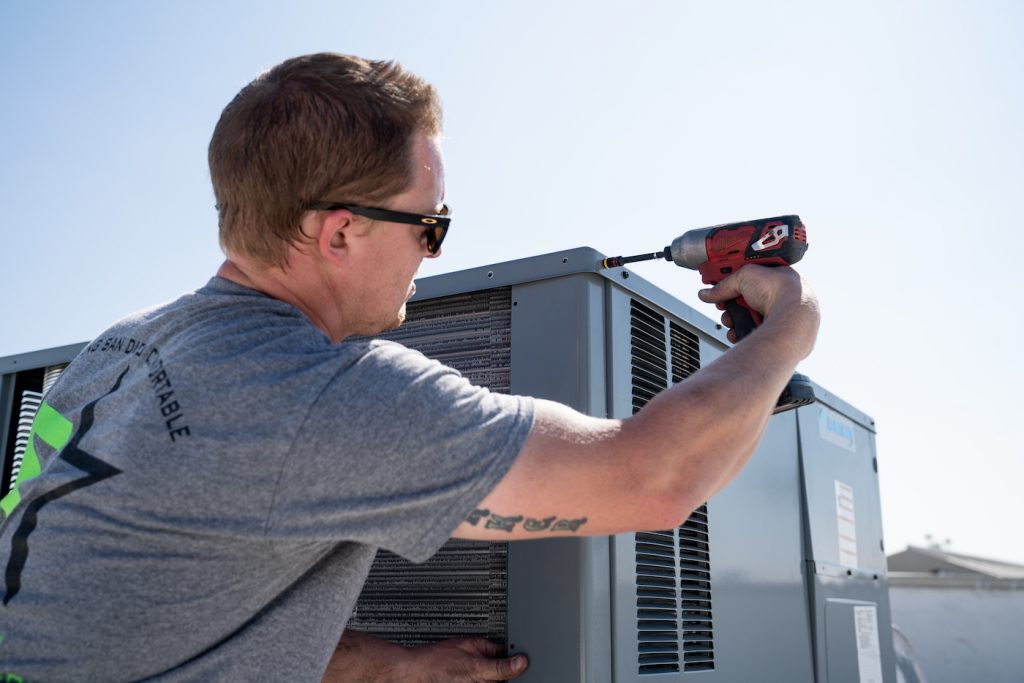
The valuation of an HVAC business is influenced by interconnected factors that together paint a picture of the business’s current and potential worth. One of the primary influencers is the company’s financial performance. This encompasses revenues, profitability trends, assets, liabilities, and cash flow. A consistently strong financial track record indicates a well-established business model and effective management, making the business more appealing to potential buyers or investors. Equally critical is the operational strength of the business. This factor looks beyond mere financial metrics to evaluate the efficiency of operations, the quality of equipment and technology employed, and the range of services offered. A business that has diversified services – from installation and maintenance to repair – and deploys state-of-the-art technology often enjoys a competitive edge.
The backbone of any successful HVAC business lies in its human resources and talent. A skilled, trained, and dedicated workforce can significantly enhance a company’s value. High employee retention rates, ongoing training programs, and a positive organizational culture are indicators of a business that values its human capital. Growth potential is a forward-looking factor that plays a vital role in the valuation process. This involves assessing future market opportunities, expansion plans, and the scalability of the business model. Companies that demonstrate a clear vision for growth and the strategies to achieve it are not only more resilient but also more attractive to stakeholders who are looking for long-term returns and growth.
Common Valuation Methods
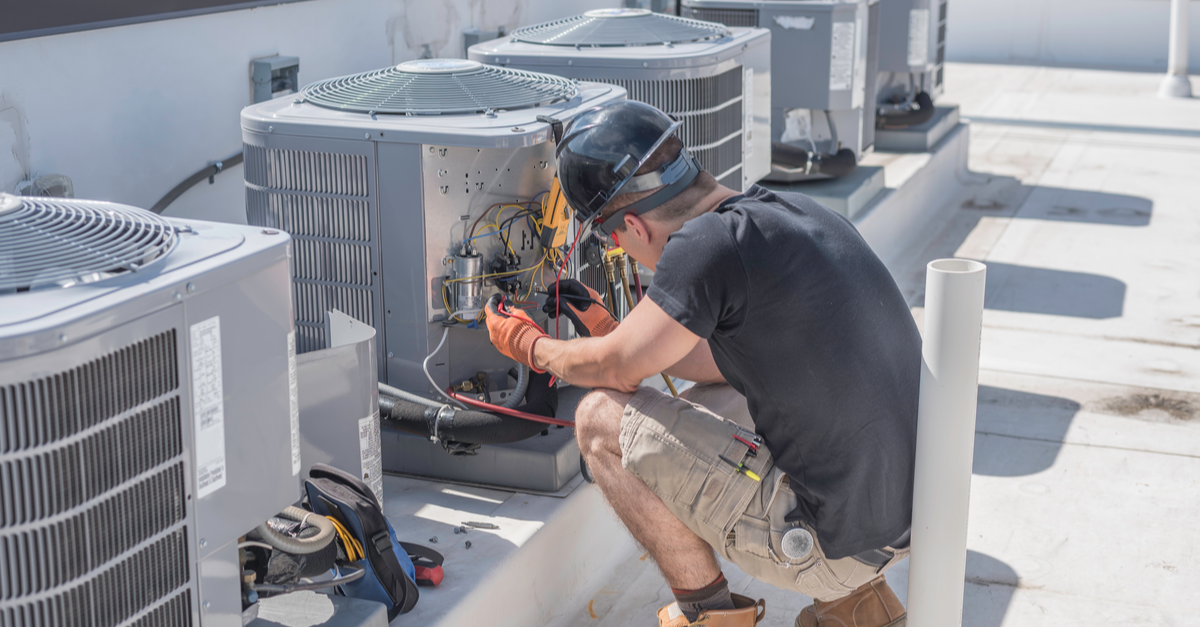
There are several tried-and-true methodologies that professionals often employ, and HVAC businesses are no exception to this. One prevalent approach is the Asset-based Approach, which focuses on determining the value of a business by evaluating its tangible and intangible assets after subtracting liabilities. This method is particularly useful for HVAC companies with significant investments in equipment, inventory, and proprietary technology. However, it may not always fully capture the potential earnings or intangible value of the business, such as brand reputation or customer goodwill.
Another widely-used method is the Income-based Approach, which places emphasis on the potential future income of the business. Within this approach, there are two primary techniques: the Discounted Cash Flow (DCF) and the Capitalization of Earnings. The DCF method projects the future cash flows of the business and then discounts them to present value, providing an estimate of the business’s current worth. In contrast, the Capitalization of Earnings method determines value by assessing the expected rate of return on investment. Both techniques consider the profitability and revenue potential of the HVAC business, making them particularly suitable for well-established companies with a steady income stream. It’s worth noting that the most accurate valuation often arises from a combination of methods, tailored to the unique characteristics and circumstances of the HVAC business in question.
Accurately evaluating the worth of an HVAC business is a process that requires attention to detail, expert insights, and comprehensive preparation. By understanding the various factors and methodologies involved, business owners can make informed decisions that align with their strategic goals.














